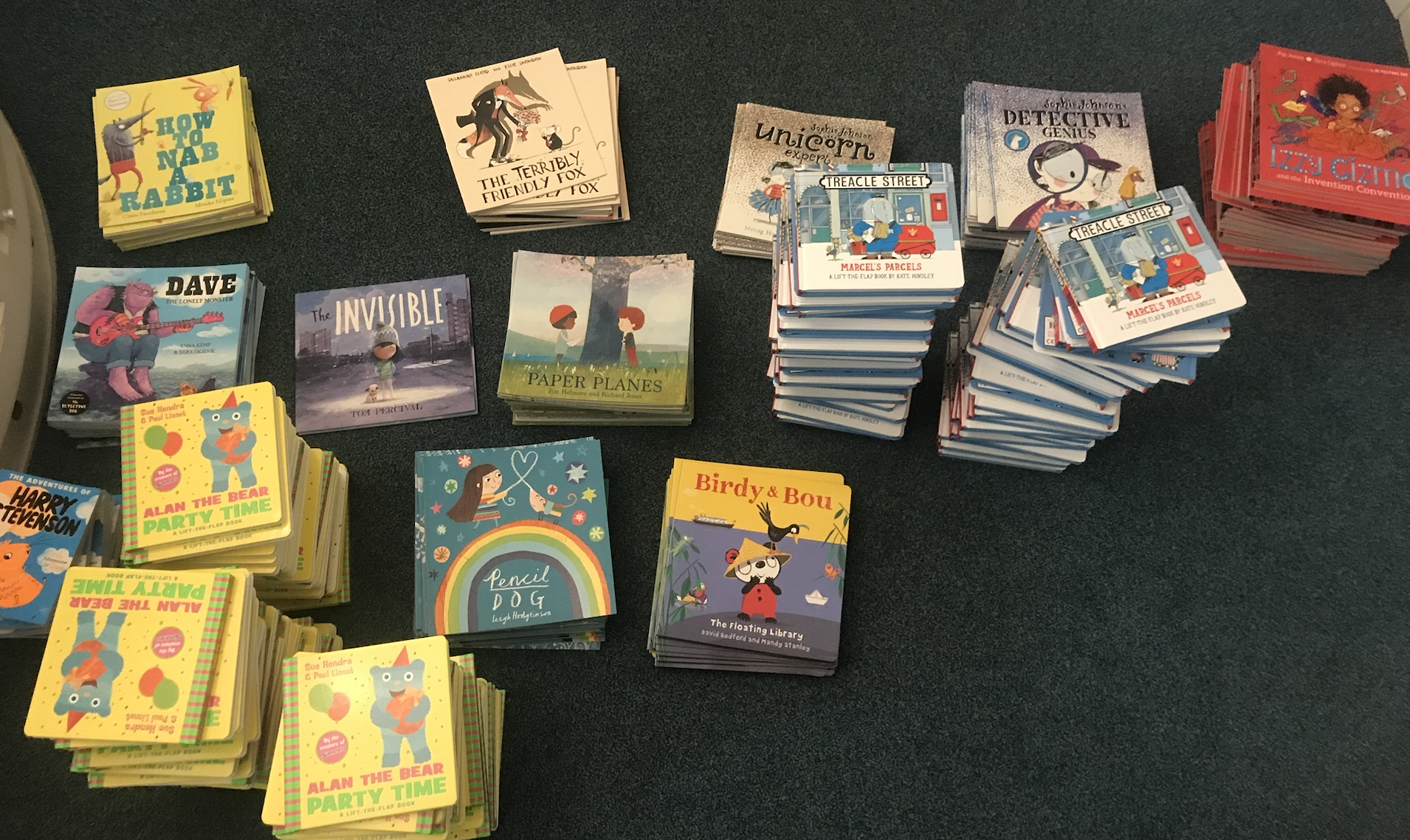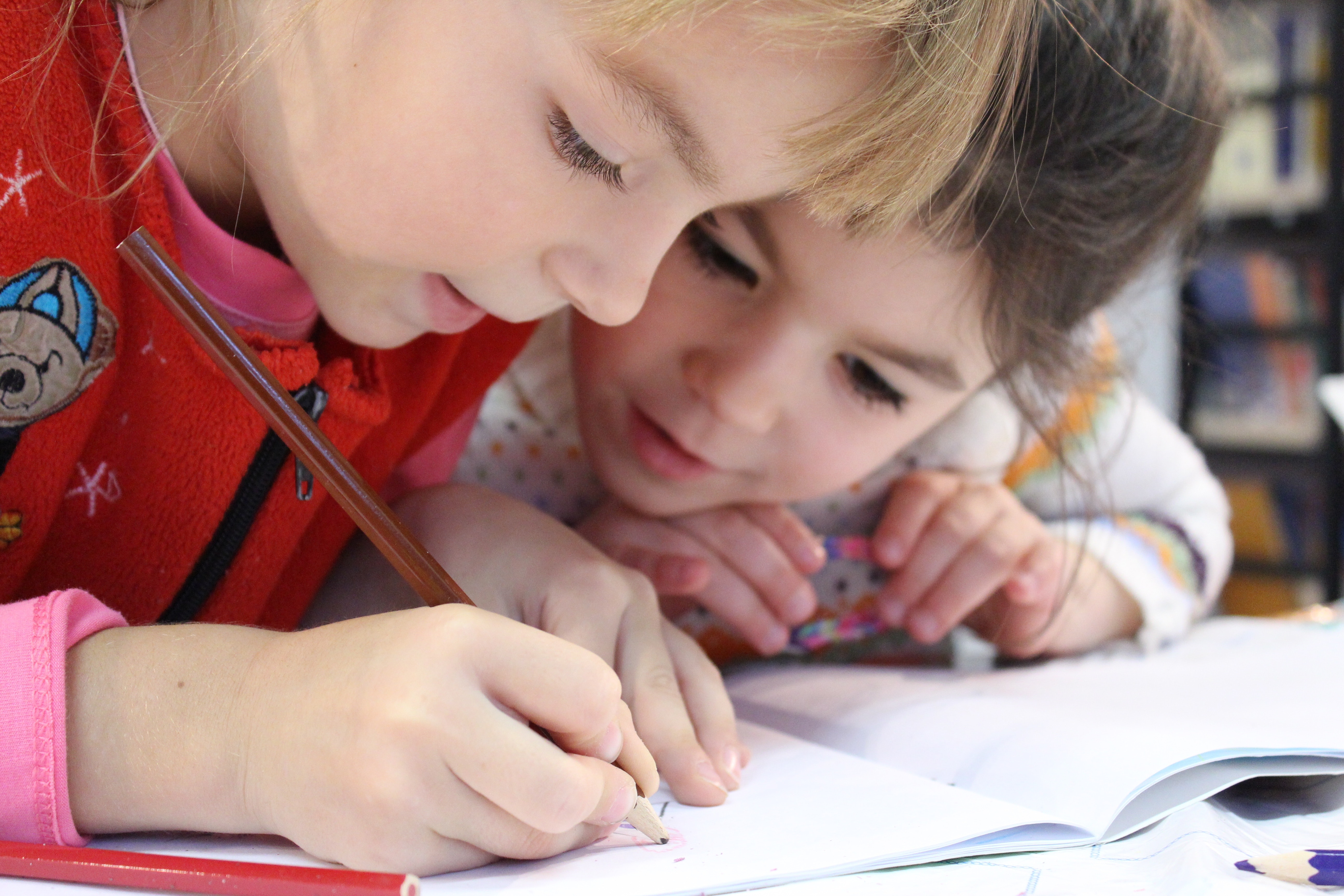So much in life depends on being a good communicator, so it’s vital that children learn the importance of oracy from a young age. Oracy is having the ability to say what you want to say, structure your thoughts, and express yourself while making sense to others.
Having good communication and language skills supports children’s ability to learn, think about and understand the world, and interact with others. Children who start school with limited communication skills are six times less likely than their peers to reach their age-related expectations in English at the end of Year 6. Good oracy also leads to improved performance in other curriculum areas, including maths and science.
Developing early oracy skills isn’t just important for children’s education. Children who communicate well are more likely to form good relationships with other children and adults and may be less prone to behavioural issues as they can express their frustrations verbally rather than turning to anger. Children who are good communicators are less likely to have mental health problems as adults, possibly because they’re more able to express their feelings.
Focusing on oracy in primary schools is key to improving children’s life chances. On entry to school, disadvantaged children’s spoken language development is significantly lower than their more advantaged peers. There is a 19-month gap between the language skills of five-year-olds in the lowest and highest income groups. [1] Without intervention, these gaps grow, as pupils with the strongest language skills make the most progress in all areas of the school curriculum.
Students receiving free school meals are 1.6 times more likely to be below language expectations at age 5, compared to their non-free school meal peers. This gap grows to twice as likely to be below language expectations at age 11[2].
On average, pupils who participate in oral language interventions make approximately five months’ additional progress over the course of a year[3].
St John’s is dedicated to providing these effective intervention tools. In 2020, we launched the Foundation Fund to help eliminate the educational inequality faced by children in our community. We work closely with seven schools across the local area that have high levels of disadvantaged children on their registers. Through working with national oracy education charity, Voice 21, we help provide children with essential communication and language skills.
Voice21 works tirelessly to transform children’s learning and life chances through speech. Their mission is to empower all children and young people to use their voice for success in school and in life. Since becoming a delivery partner of the Foundation Fund, Voice21 has worked in partnership with the schools to help enhance the quality of oracy education.
They have begun developing and implementing an oracy-rich approach to teaching and learning in the schools through professional programmes, providing leaders with the knowledge and skills to build staff capacity and embed oracy across the school. Next year their experts will start to work with the schools to build an ambitious, context-driven curriculum for oracy which is embedded across different phases and subject disciples.
St John’s also supports improving the speech and language outcomes for under 5’s through our Language for Life project. Working in partnership with HCRG and Bath and North East Somerset Council’s Early Years team, the project focuses on supporting pre-school children to reach age-related expectations in communication and language development before they make the transition into Primary School settings in Bath and Keynsham.
By working together, we hope to see long-term change in the schools within our Primary Empowerment Programme and ensure that all young people have access to a high-quality oracy education.
[1] Source: Communication Trust 2017, Talking About a Generation
[2] Moss and Washbrook 2016 Understanding the Gender Gap in Literacy and Language Development
[3] Education Endowment Foundation (EEF) evaluation of oral language interventions.
“The more that you read, the more things you will know. The more that you learn, the more places you’ll go.” – Dr Seuss, I Can Read With My Eyes Shut!
St John’s Foundation was delighted to take receipt of 400 children’s books* courtesy of publisher Simon & Shuster; who generously donated the books to our partner organisation, Feeding Britain, to mark the publication of their latest book, The Invisible.
The book is based on a young girl called Isabel whose family is in poverty; she lives in difficult conditions with parents who are struggling financially. The title of the book Invisible symbolises how, in society, families living in poverty often become overlooked and are made to feel invisible. The book’s overriding message is that everyone is important, regardless of the conditions they live in. Significantly, the deprived living conditions of the book’s main character, Isabel, are reflective of the lives of many of the children we work with – particularly the schools involved in St John’s Primary Empowerment Programme. These schools have a combined average of 46% of disadvantaged pupils on their register and our main objective is to improve the circumstances of these children through supporting foundational reading, writing, oracy and mathematics, as well as their emotional and behavioural wellbeing. These 400 books are set to be distributed to the schools in this Programme.
The importance of children having books to read cannot be understated and St John’s has long recognised the power and influence that reading has on young children. Reading allows, not just children, but adults, to be transported from our own world to another. The knowledge we get from reading is power and with it we can immerse ourselves in different lives, learning from those unlike us. As well as learning about new cultures, we learn new words and phrases and acquire skills and knowledge we didn’t have before.
Research points to the vast benefits of reading from birth onward. In addition to advancing brain development, language skills, and vocabulary, it also can build listening and memory skills. Multiple studies have highlighted that early language exposure increases reading proficiency in later life. Reading needs to be a key part of children’s everyday lives which is why this donation from Simon & Schuster will mean so much, to so many.
However, we are not just focusing on the development of primary school pupils; we have just signed a two-year contract with Bath and North East Somerset Council and Virgin Care to support our Early Years Programme. The aim of this being to support the vocabulary development of children, aged two to four, who have not yet developed as far as their fellow peers due to their social backgrounds and physical and mental health needs. Through the programme, we hope to improve these vital skills before they start school and start to narrow the educational attainment gap in BaNES.
Reading with children helps them to develop a love of reading for life and we hope these books can go towards building this special relationship. Although The Invisible is a children’s book, it’s a stark reminder to us all that we need to care for those currently being overlooked in our society and stand in solidarity with those in-need.
* The books are : Izzy Gizmo and the Invention Convention, Marcel’s Parcels, Dave The Lonely Monster, Paper Planes, The Adventures of Harry Stevenson, Pencil Dog, Sophie Johnson: Detective Genius, How to Nab A Rabbit, Terribly Friendly Fox, Birdy and Bou, Sophie Johnson: Unicorn Expert, Alan The Bear Party Time




